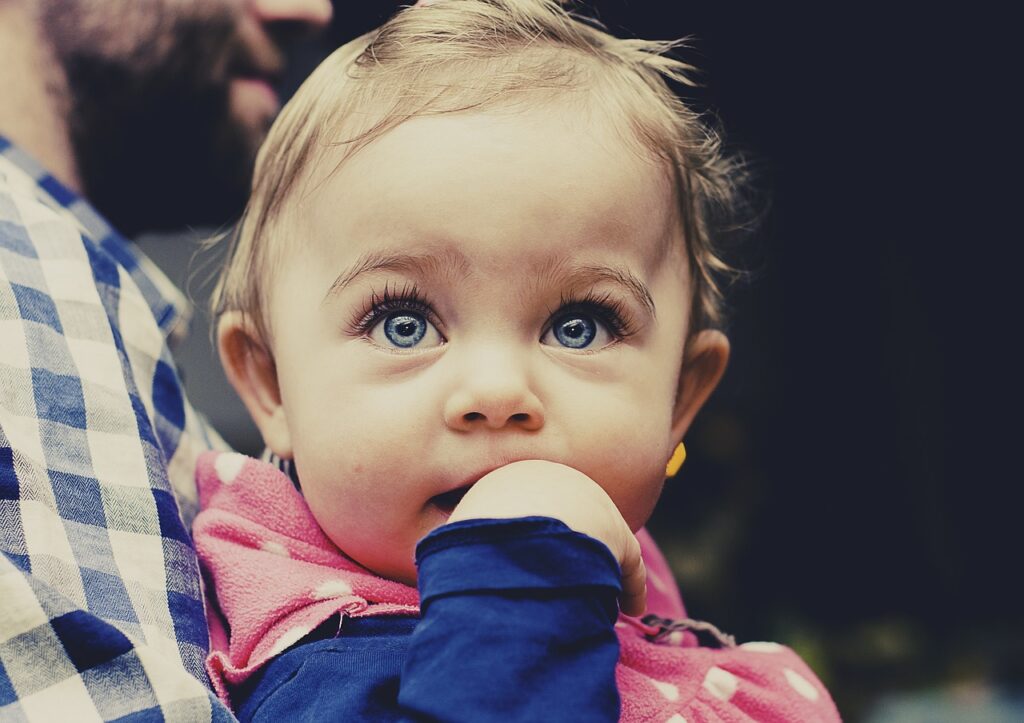This is a very brief overview if you haven’t got the time to look at all my in depth posts found all over my website. Just remember childhood trauma can be devastating to a child’s body and can have life long implications sometimes shortening it.
Childhood trauma can have profound and lasting impacts on a person’s physical, emotional, and psychological well-being. Here are 10 important things to know about childhood trauma:
- Definition of Childhood Trauma: Childhood trauma refers to experiences during a person’s early years that are emotionally painful, distressing, or harmful. These experiences can be single events or chronic situations, such as physical, emotional, or sexual abuse, neglect, or witnessing violence.
- Impact on Brain Development: Trauma during childhood can affect the developing brain. Stress hormones released during traumatic experiences can interfere with the normal development of brain structures, potentially leading to cognitive, emotional, and behavioral challenges.
- Adverse Childhood Experiences (ACEs): ACEs are specific traumatic events or conditions that occur during childhood, such as abuse, neglect, household dysfunction, or violence. The accumulation of ACEs is associated with a higher risk of various health and social problems later in life. For example a survivor of 4-8 ACEs have a 1 in 6 chance of using IV drugs ( 2022 www.cfpic.org California State Government)
- Emotional and Psychological Consequences: Childhood trauma can lead to a range of emotional and psychological issues, including anxiety, depression, post-traumatic stress disorder (PTSD), dissociation, and difficulty forming and maintaining healthy relationships.
- Physical Health Effects: Trauma in childhood is linked to physical health problems in adulthood, including cardiovascular diseases, autoimmune disorders, obesity, and a lowered immune response. The constant stress response associated with trauma can negatively impact the body’s systems.
- Coping Mechanisms: Individuals who experience childhood trauma may develop maladaptive coping mechanisms to deal with their emotions, such as substance abuse, self-harm, or risky behaviors. These coping strategies can become ingrained and lead to further issues.
- Interpersonal Challenges: Childhood trauma can affect an individual’s ability to trust and connect with others. It can lead to difficulties in forming healthy attachments, maintaining friendships, and engaging in intimate relationships.
- Resilience and Healing: While childhood trauma can have long-lasting effects, many individuals are resilient and can recover with appropriate support. Therapy, counseling, support groups, and positive relationships can play a significant role in healing and building resilience.
- Preventive Measures: Addressing childhood trauma requires a focus on prevention. This involves promoting safe and nurturing environments for children, early intervention for families at risk, and providing resources for parents and caregivers to develop healthy parenting skills.
- Social and Cultural Considerations: Childhood trauma can be influenced by cultural and societal factors. Factors such as poverty, discrimination, and community violence can exacerbate the risk of trauma. It’s essential to consider these factors when addressing the needs of individuals who have experienced trauma.
Understanding the complexities of childhood trauma is crucial for professionals, caregivers, and society at large. Providing support, resources, and early interventions can help mitigate the impact of trauma and promote healthy development in children who have experienced adversity. It is important for society to become more trauma aware and for medical, educational and criminal justice professionals to be trauma informed in their practice.









